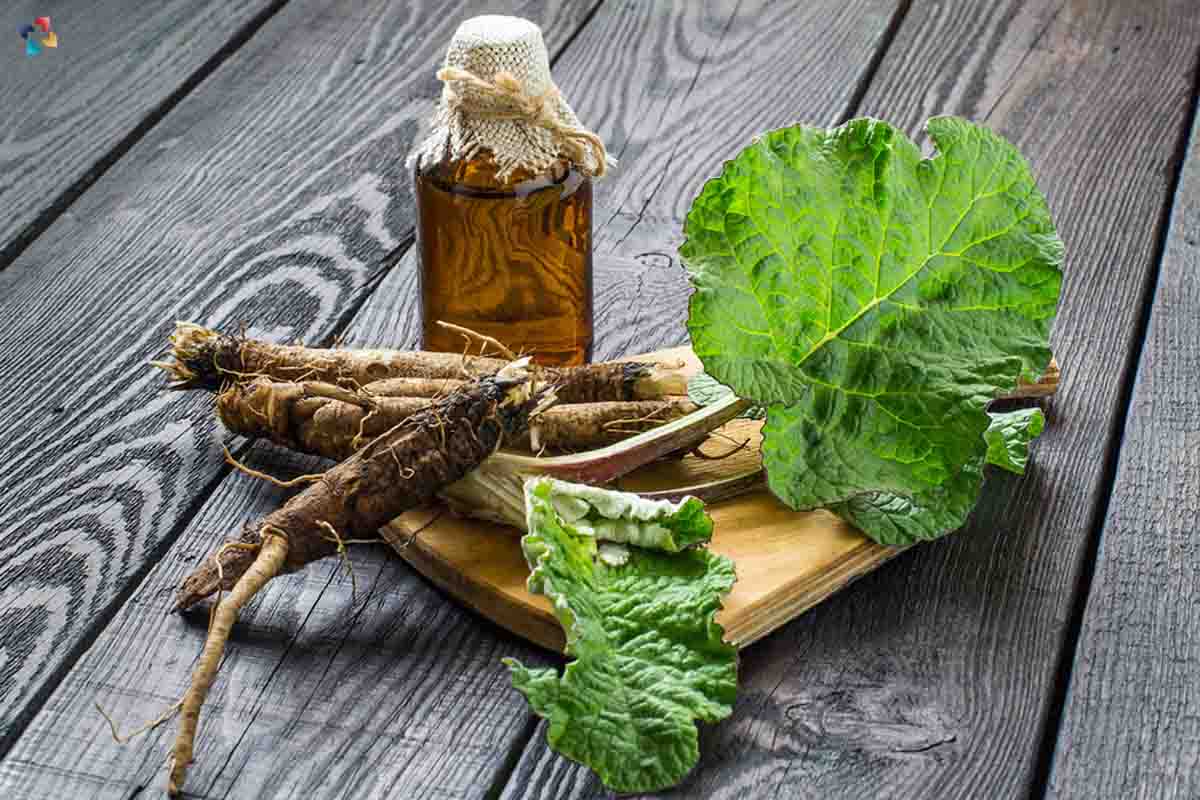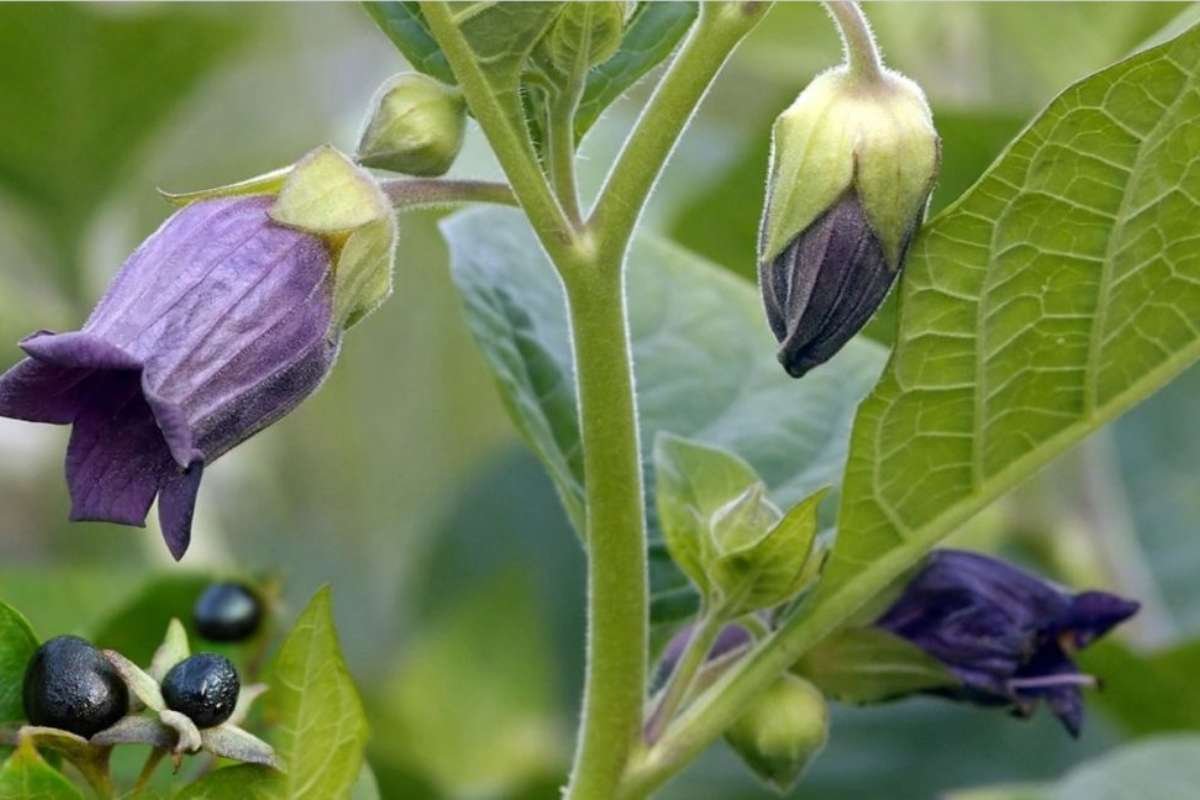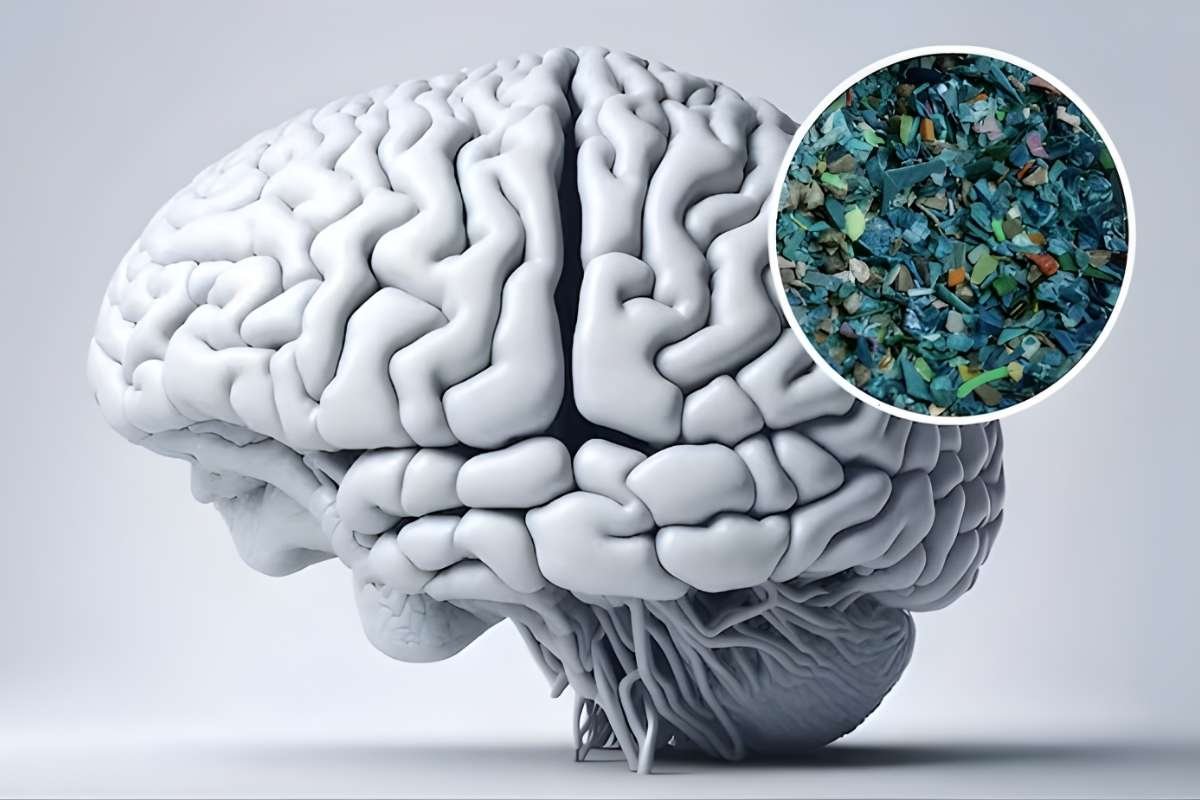The notion that common plants, herbs, and foods might have anti-cancer properties is frequently debated in the field Herbs used in Cancer Prevention. Despite the fact that many individuals have experienced their advantages, there are still many naysayers. One individual thinks that prevention and Treatment, may delay or even kill cancer cells, while another believes primarily in the benefits of chemotherapy.
While there is still much work to be done in the field of scientific research, a significant amount of work has already been achieved. The information will be shown here. Skeptics seldom alter their beliefs until something directly affects them. But, for those of you who are interested in this knowledge and want to put it into practice, we have produced a list of the top 20 Herbs used in Cancer Prevention and medicinal plants that have been subjected to scientific study and have shown favorable results in the battle against cancer. Always remember that this is not medical advice; it is merely information for you to consider.
According to the research given below, all herbs function in a distinct way. Some include “immunomodulators,” which means they activate your immune system to combat cancer cells. Others have cytotoxic activity, which means they may harm healthy cells as well as cancer cells, and should only be administered under the guidance of a doctor or herbalist. Others, such as Milk thistle, have been shown in experiments to exclusively destroy cancer cells. Of course, they are the most prized Herbs used in Cance Prevention and Treatment.
Here are 7 Herbs used in Cancer Prevention and Treatment;
1. Licorice Root
Licorice root (glycyrrhiza glabra) is considered as one of the Herbs used in Cancer Prevention, one of the oldest botanical plants, and has been utilized in Ancient Chinese medicine as an anti-virus, anti-inflammatory, and anti-ulcer agent. Carcinogens often cause DNA damage, and licorice root protects against this form of damage. Polyphenols in licorice roots promote apoptosis (automatic death) in cancer cells. Licorice modulates hormone synthesis from your adrenal glands and decreases stress chemicals. Prolonged stress often promotes the proliferation of cancer cells.

According to South Korean research, licorice root inhibits the development of breast cancer cells in people. It regulates the expression of the apoptotic regulatory proteins Bcl-2/Bax.
Certain negative effects of licorice root have been connected to high blood pressure and muscular weakness. This is another plant that, if used in higher doses on a regular basis, should only be done so under the guidance of a doctor or herbalist.
2. Grape Seed
Many studies have revealed that the phytochemicals included in grape seeds have anti-tumor or cancer-preventive properties that can be extracted from the seeds themselves. Proanthocyanidins are particularly noteworthy since they have been shown to prevent pancreatic cancer cells from spreading or migrating.
The grape seed extract was shown to be beneficial against colorectal cancer by one study team at the University of Colorado. Grape seed extract caused the demise of certain cancer cells. In fact, the more advanced the cancer cells were, the better the grape seed extracts seemed to operate in limiting cancer cell proliferation and survival. Grape seed extract not only killed cancer cells, but it also did not affect healthy cells.
Grape seed extract proanthocyanidins have also been shown to block the formation of new blood vessels and to halt the development of colon cancers. Since proanthocyanidins are poorly absorbed in the stomach, they accumulate in considerable concentrations in the colon. This is encouraging since proanthocyanidins may more effectively inhibit cancer cells when they accumulate in the colon and are recommended as one of the best Herbs used in Cancer Prevention.
3. Ginger Root
Gingerol, the main chemical in ginger root, has received a lot of interest in Herbs used in Cancer Prevention, particularly in clinical studies to see whether it might halt or prevent certain malignancies. The findings of these pharmacological studies indicate that ginger may decrease tumor development in humans. Researchers discovered that gingerol-induced cancer cell death decreased inflammation, and enhanced immunological function in instances of ovarian cancer. Gingerol may also protect against colon cancer, according to research.
Ginger root is often consumed in several Asian nations, particularly India. India has among the lowest cancer mortality rates in the world. Ginger has antiviral, antifungal, antiparasitic, antioxidant, and antibacterial properties. Ginger is best eaten fresh and organically. Use it to flavor tea or grate it into veggie recipes. If you dislike the taste of ginger, practically all health food shops carry ginger pills.
4. Burdock Root
Arctium lappa (burdock root) is endemic to Northern Asia and Europe and is one of the best Herbs used in Cancer Prevention. Burdock root was mentioned in ancient manuscripts as a blood cleanser. This root was used by ancient Chinese doctors to cure sexual disorders, renal difficulties, skin concerns, and respiratory problems. It was widely used to cure gout, pneumonia, and arthritis in Medieval Europe.

According to a new study, burdock root is particularly good in removing cancer-causing toxins that build up in our digestive systems when certain meals are not completely digested. Burdock root has been utilized as a foundation in various anti-cancer herbal medicines, including “Flor-Essence” and “Essiac.” Burdock root was included in one anti-cancer medicine named “Hoxsey” which was developed and advertised in 1919.
According to some herbalists, burdock root helps prevent cancer cells from spreading. It is often used to treat cancer in India and Russia. Burdock is safe to take, except for people on potassium-lowering diuretic medication, since it contains a lot of potassium.
5. Aloe Vera
You may only think of aloe vera as a cure for burns or skin irritations, but there have been some highly encouraging studies utilizing aloe vera to treat specific forms of cancer and Herbs used in Cancer Prevention and treatement. A study of the literature on aloe vera revealed a large quantity of evidence from dermatological research as well as clinical trials that support using aloe vera in clinical trials.
Aloe vera has been used medicinally for millennia, with the first documented references to its usage dating back to the ancient Egyptians, who also employed it to treat skin ailments.
Aloe vera contains 1.8 dihydroxy-3 (hydroxymethyl) anthraquinone (AE for short), a chemical that has been shown to promote cell death in human bladder cancer cells. AE possesses powerful anticancer properties. It halts cell viability as well as the G2/M phase of the cell lifecycle.
When eaten in large amounts or over a long length of time, aloe vera is a potent laxative, and it is important to avoid becoming dehydrated. If you want to use aloe vera orally, see your doctor or herbalist beforehand.
6. Turmeric
Turmeric (Curcuma longa or Curcuma zedoaria) has been used by Ayurveda medicine since the early 1900s to treat inflammation, allergies, rheumatism, and liver disorders. Turmeric originates originally from India and Southeast Asia. It is usually drunk as tea for therapeutic reasons.
Curcumin, the main component in turmeric, triggers cancer cell death without affecting healthy cells. This is accomplished by suppressing an activation pathway known as kappaB, which has been related to a variety of inflammatory disorders, including cancer. Curcumin has been shown in recent research to have anti-cancer properties. Turmeric was shown to be helpful in preventing stomach and is somehow considered the best Herbs used in Cancer Prevention, lung, colon, breast, and skin cancer in laboratory rats when administered orally.

In an in vivo research conducted on rats in 2001, turmeric was shown to have a substantial decrease in malignant cell activity when administered as a dietary supplement throughout their life cycle when compared to the control group. Curcumin has been shown to be a gene regulator in the development of cancer. It was discovered to block the migration of lung cancer cells in a clinical experiment. Turmeric has lately been examined for its potential use in the treatment of breast cancer and myeloma.
7. Clove
Clove is the dried flower buds of trees indigenous to India, Pakistan, Zanzibar, and Madagascar. Clove oil (Eugenia aromaticum or Eugenia caryophyllata) has been examined for its capacity to boost immunological function, which implies Herbs used in Cancer Prevention or treat cancer.
According to the American Pharmaceutical Association’s Practical Guide to Natural Therapies, clove oil contains antioxidant chemicals that have the potential to operate as an anticancer agent. Clove oil has the greatest antioxidant activity concentration of any single component assessed by the ORAC.
According to the American Cancer Society, there is presently insufficient data to suggest that clove oil , Herbs used in Cancer Prevention; nonetheless, its high antioxidant levels indicate that it is a potent provider of anthocyanins, which are known to halt tumor development and destroy existing cancer cells.







